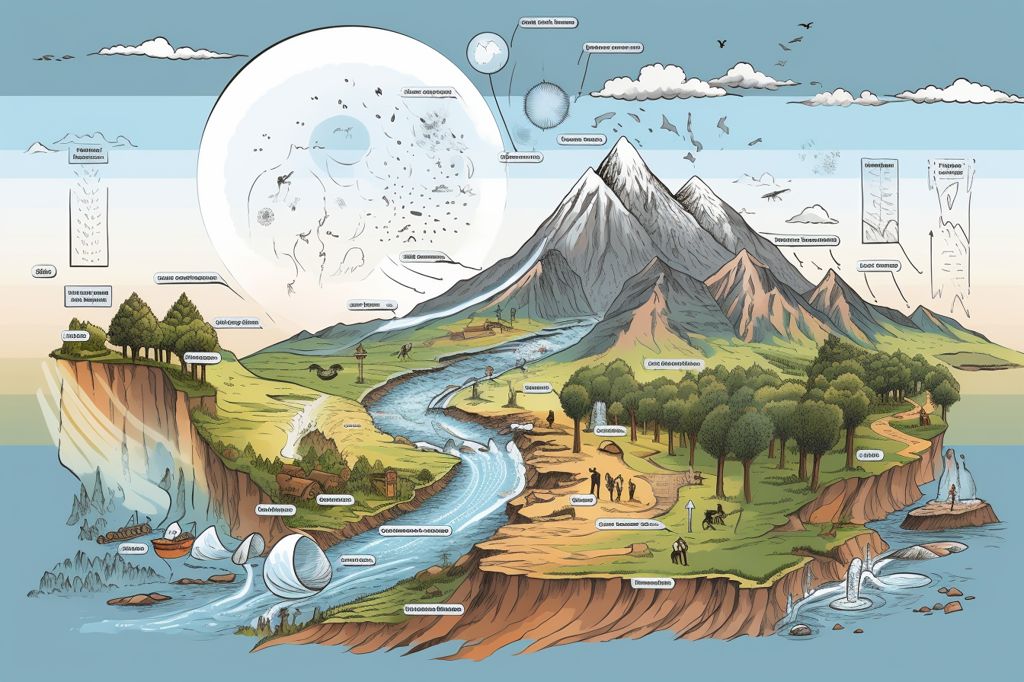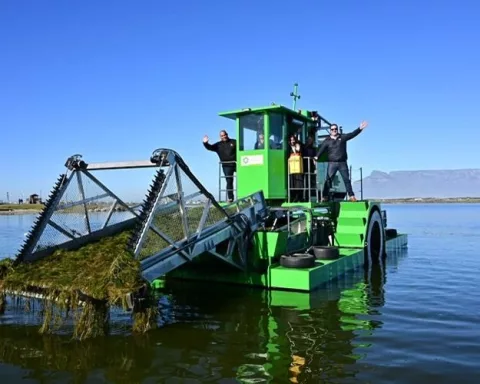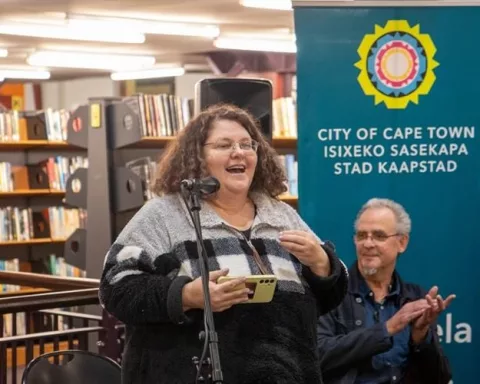Deputy Minister of Water and Sanitation, David Mahlobo, stressed the need for policies informed by science in the water sector, claiming that this method is essential for the nation’s ongoing success. Mahlobo spoke at the 50th Congress of International Association of Hydrogeologists, held at the Cape Town International Convention Centre, and advocated for a science-based approach to policy development. This approach, he believes, will lead to better decision-making and ultimately improve the lives of the people.
The congress took place from September 19th to 22nd, 2023, and attracted groundwater resource specialists from around the globe, including scientists, engineers, and water managers. Mahlobo emphasized the need for investment in science, drawing attention to the existing gaps in South Africa’s scientific landscape. He encouraged the professionals attending the congress to “make your mark and direct future policy positions of the water sector, especially the use of groundwater as an alternative method that will ensure universal access.”
Mahlobo not only urged delegates to share their knowledge but also to develop sustainable solutions for worldwide water challenges. He provided an update on South Africa’s progress towards the Sustainable Development Goals, with a particular focus on Goal 6, which pertains to clean water and sanitation. The Deputy Minister admitted that although the country has made significant progress in addressing inequalities and providing access to water, there is still much work to be done.
Addressing Challenges and Ensuring Tangible Benefits
While South Africa has nearly reached 90% of its goal for water access, Mahlobo contended that this progress must result in concrete economic, social, and environmental benefits. He referred to the challenges faced by the country, including insufficient infrastructure investment, a decrease in the assurance of water supply, and water losses due to poor maintenance. He also mentioned the need for improved management of population growth and migration, both within the country and from other nations, as factors impacting the nation’s water sector.
To tackle these challenges, Mahlobo pointed out the Department of Water and Sanitation’s initiatives to secure additional funding from private partners and the private sector for the construction of new infrastructure throughout South Africa. He also recognized the need to address skills shortages within the water sector to ensure efficient management and dependable supply to communities.
A major concern brought up by the Deputy Minister was the issue of pollution, specifically regarding groundwater. He urged the Department of Water and Sanitation to take a more proactive role in regulating the sector and holding mining companies responsible for any deterioration of groundwater quality.
Collaborative Efforts for Innovative Solutions and a Sustainable Future
The conference served as a venue for sharing knowledge and ideas, with the expectation that it would result in innovative solutions for the worldwide water crisis. South Africa aims to address the pressing challenges within the water sector through a science-based approach and joint efforts between policy makers and professionals in the field. By leveraging the expertise of specialists and committing to sustainable practices, the nation seeks to ensure water security, infrastructure development, and environmental protection for the benefit of its people and future generations.








